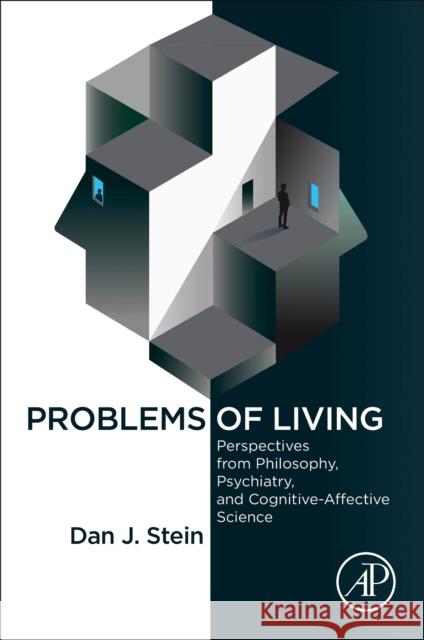Problems of Living: Perspectives from Philosophy, Psychiatry, and Cognitive-Affective Science » książka
topmenu
Problems of Living: Perspectives from Philosophy, Psychiatry, and Cognitive-Affective Science
ISBN-13: 9780323902397 / Angielski / Miękka / 2021 / 328 str.
Kategorie:
Kategorie BISAC:
Wydawca:
Academic Press
Język:
Angielski
ISBN-13:
9780323902397
Rok wydania:
2021
Ilość stron:
328
Waga:
0.44 kg
Wymiary:
22.86 x 15.24 x 1.75
Oprawa:
Miękka
Wolumenów:
01
Dodatkowe informacje:
Bibliografia











